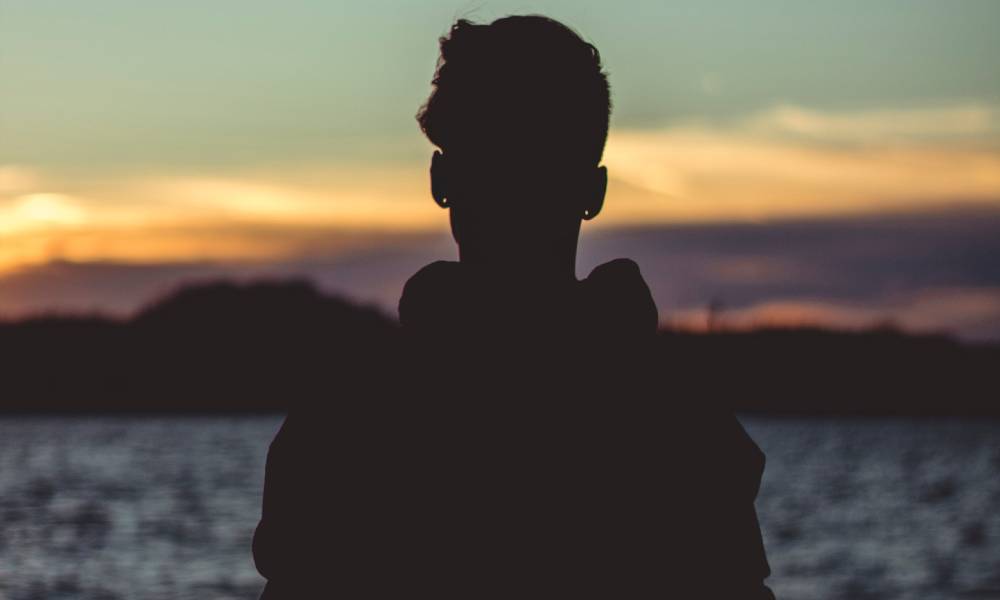A refugee from Sulaymaniyah in Iraq shares that he was forced to flee the country after he was thrown in prison three times for being gay. (Photo by Eli Burdette/Pexels)
A refugee, who is living in the UK, was forced to flee his home in Iraq after being badly beaten and thrown in prison three times for being gay.
The 32-year-old man, who wished to remain anonymous, told Leeds Live that he grew up in the city of Sulaymaniyah, in the Kurdistan Region, in northern Iraq. He has been living in Leeds for a month now, and he said cried when he arrived in the UK because he was “in a safe country”. The man said he is a “very strong person”, but it’s still “not easy to talk about what happened”.
“I had a very very bad life, I [was in a] bad situation with bad suffering,” he said. “Three times I was [put] in prison just for the reason that I’m gay.”
He said nobody “accepted you” or “supported you” if someone came out as part of the LGBT+ community. The man said he was subjected to horrific abuse when he lived in Sulaymaniyah. He said people called him “stupid”, “sick” or “street boy” and people would spit in his face or threaten to tell other people that he was gay.
The man told Leeds Live he was arrested one time for just sitting in a park that was “known for gay people”. He said the police came and started “slapping me all over and kicking me” before demanding the man humiliate himself and ask to be forgiven.
“Then, he [the police officer] say I must kiss his shoes and ask to be forgiven, but he kicked me again,” he said.
The man said he lived in constant fear of further abuse and confrontation by the police. He said “being gay” in the region is “worse than murder” because he felt it’s “one of the most dangerous places to be gay”. The man added that some people believe gay people should be put in jail or given the death sentence simply for existing.
“They will arrest you, they will attack you and they will insult you,” he explained. “And nobody can support your life never, nobody can accept [your] life never ever.”
The gay refugee told Leeds Live he felt like he had no other option but to flee Iraq because his life “was always at risk” and he “couldn’t live” with “having to lie” about his sexuality. But he said he still faces abuse in the UK, and he wants other people to “know the suffering refugees have been through”.
“Just a week ago, I was in the garden, and an English man swore at me and told me to ‘get out of my country’, but he doesn’t know,” he said.
He continued: “I want people to know about our situation and our lives so that more people will help gay refugees.
“I want all of the world and the UK to know the dangers in Iraq.”
He said people are in disbelief when he shares his story because people here can “go to bars, hug and touch without fear”, but, in Iraq, it’s “all ‘no no no’”. The man said the UK feels like a “new world” where he can “finally be myself and not be at risk or live in fear”.
Gay people are subject to widespread discrimination in Iraq
According to Equaldex, gay marriage is not recognised in the country, and LGBT+ people do not have any legal protections against discrimination in housing or employment.
In April, VOA News reported that Kurdish security forces in Sulaymaniyah reportedly arrested “at least eight gay men”. The government denied targeting the group and said it was part of an effort to crack now on prostitution.
However, the US Consulate General in Erbil, Iraq, tweeted that it was monitoring the events in Sulaymaniyah “that seem to be targeting members of the LGBTI community for arrest”.
We are watching with concern the events in #Sulaymaniya that seem to be targeting members of the #LGBTI community for arrest. pic.twitter.com/bPiBXu7WZh
— U.S. Consulate General Erbil (@USConGenErbil) April 3, 2021
Members of the LGBT+ community told VOA that the arrests blanketed the community in a sense of fear. One activist said they don’t feel like they are “part of the Kurdish society” because “there is so much discrimination against the LGBTQ community”.
“You don’t feel like there is room for you,” they explained. “It has unfortunately reached a level that most of the LGBTQ members are leaving the country.”
